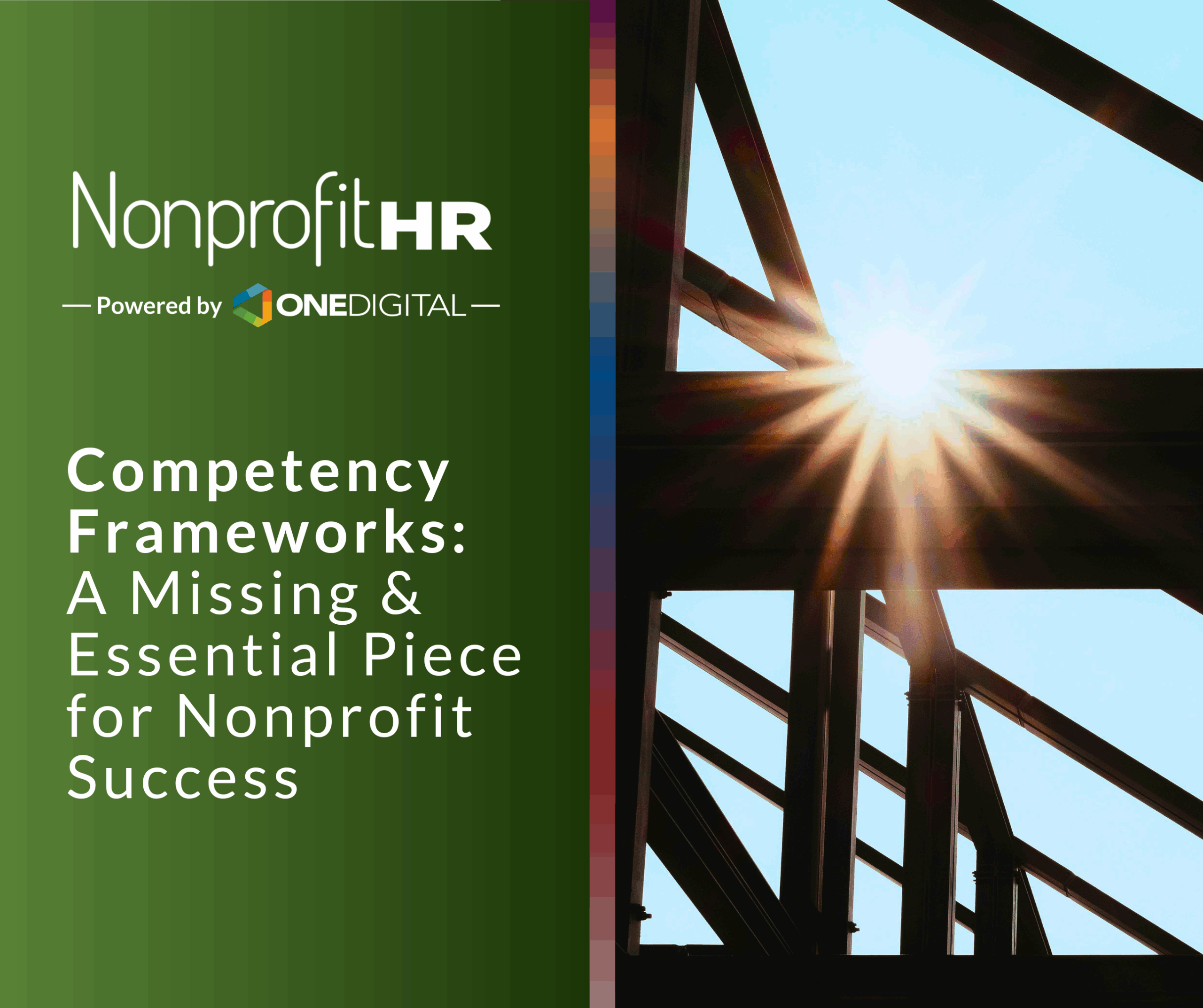WTOP: 5 ways nonprofits can…
Susan Strayer wants to believe that the human resources profession is not only for girls anymore. She used a whole column in Forbes to present her case.
“I’m not denying there’s a reason HR is dominated by women. The profession has its roots in the welfare secretaries of the early 1900s, whose primary role was to ensure safety of the mill workers. Those positions were completely occupied by women and eventually evolved to caretaker, benefits and party-planning roles.
But HR today is different. Whether you love or hate your HR team, it can’t be a women-only game anymore. It’s gender, position, role and industry agnostic. Your business cannot be successful unless you can develop and manage talent–the crux of HR.
One of the firms I partnered with, Evviva Brands, describes itself by saying ‘we put people on the balance sheet.’ As an MBA, I love that sentiment. The idea of measuring the value of a company through talent isn’t new–McKinsey wrote about the metric of ‘profit per employee’ in 2007. And the best venture capitalists know that valuation has to include both an assessment of the management team and the talent pool.
Call it people management, human capital, HR or whatever you want. Whatever it is, it’s not touchy feel-y or emotional. It’s a pure, balance sheet, analyst-watching, performance-driving business necessity. But if you leave it to your largely female HR team, or assume the ladies will take care of it, you’re not just mistaken, you’re in the red.”
Susan’s logic is sound if you approach talent management from an analytical stand-point. But we all know that hiring has a human element associated with it. Moving beyond cultural norms and biases is difficult if not impossible – even with a spreadsheet.





























